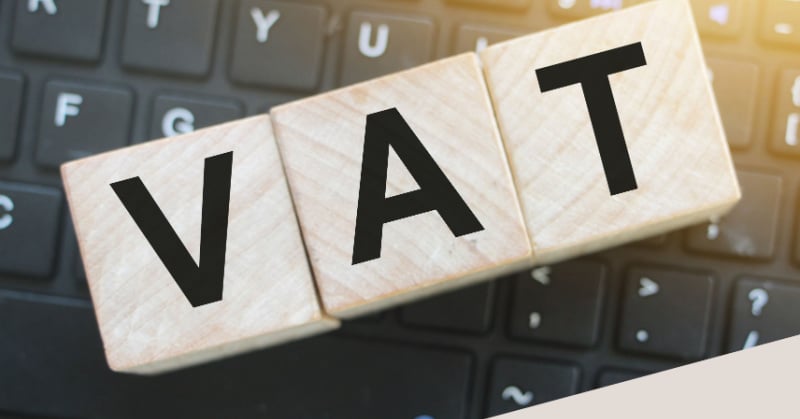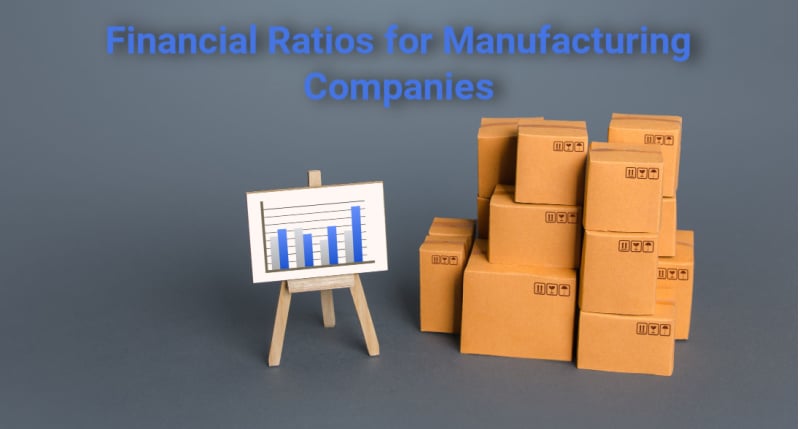Do you know the answers to these important questions about nexus? The possibility that a company could have additional compliance obligations beyond those states in which they are currently registered to collect and remit sales tax is not something that businesses can ignore. Sales tax nexus is a complicated topic to comprehend and is constantly evolving. Having a trusted advisor with a solid understanding of both physical and economic nexus is increasingly critical to growing companies.
We’ve gathered some common - and important - questions about nexus requirements to help accountants and bookkeepers stay up-to-date on this crucially important topic.
What is economic nexus?
Almost four years ago, in South Dakota v. Wayfair, Inc, the Supreme Court established that states could impose tax compliance obligation requirements on companies based on their economic nexus footprint. Today, the concept of economic nexus stands alongside the longstanding principle of physical presence nexus. That means a company could find itself needing to collect and remit sales tax in a particular state based on whether it has people or property there (physical presence) or based on the dollar value or volume of sales (economic presence).
How has economic nexus been implemented?
In the Wayfair decision, the Court took great care not to define what does and does not constitute economic nexus. This left each state to define its own standards with the proviso that whatever it chose cannot constitute an undue burden on interstate commerce.
Most states have opted to adopt some variation of the South Dakota standard, which focuses on the number of individual transactions (200) and the dollar value of total gross sales ($100,000). Within this general framework, some states have opted for different dollar thresholds, different (or no) transaction counts, and sometimes different ways to measure the threshold (e.g., gross sales versus taxable sales versus taxable sales of tangible personal property).
Has every state enacted an economic nexus standard?
Yes. Every state in the country that has a sales tax also has an economic nexus standard. The last state to adopt an economic nexus rule was Missouri, and its requirement comes into effect on January 1, 2023. Economic nexus even exists in Alaska, where tax is only applied at the borough and city level.
My client is an online retailer, do they have economic nexus?
Maybe. Online retailers could have economic nexus depending upon the states in which they operate and the level of activity in those states. These rules also apply to companies that make both direct sales and sales through marketplace facilitators, such as Amazon and Etsy. To some extent, they may even technically apply to companies that sell exclusively through facilitators.
Can economic nexus thresholds change?
Indeed. States are still working to find the “sweet spot” that brings in the maximum amount of sales tax dollars without burdening their pipeline with super small taxpayers with little revenue to report. To that end, some states have made adjustments to their rules.
For example, Maine’s governor signed a bill eliminating the 200 separate transactions threshold effective January 1, 2022. Over the last couple of years, changes were also made in Arizona, California, Colorado, Connecticut, Georgia, Iowa, Kansas, Massachusetts, Minnesota, New York, North Dakota, Ohio, Tennessee, Washington, and Wisconsin.
What happens once a company crosses a threshold?
Upon crossing the threshold, sellers will need to begin accurately collecting and remitting tax. This requires timely registration, an understanding of state and local sales rates, product and service taxability rules, filing and remittance requirements, and exemption certificate rules.
How long do companies have to register once they cross a nexus threshold?
For the most part, states require a seller to become compliant the very next transaction after they cross the threshold. This is one of the reasons why monitoring sales and transaction volumes in states where a seller is not currently registered is incredibly important.
Are there any simplifications available for remote sellers?
Yes, in some states. Any seller, including remote sellers, can use the Streamlined Sales Tax Central Registration System to efficiently register for sales tax in any of the 24 member states. Alabama and Texas offer simplifications with respect to local rates and Colorado and Louisiana offer simplifications with respect to local filings.
Is economic nexus here to stay?
Most likely. If companies are counting on the U.S. Congress or the Supreme Court to undo these rules, they are running an enormous risk. While there is currently a court case (Halstead Bead v. Lewis) challenging Louisiana’s particular remote seller requirements, the fact remains that Wayfair has been the law of the land for almost four years. Every day it remains on the books makes its permanence just a little bit more likely.
Does physical presence nexus mean anything anymore?
Absolutely. It's a common misconception that physical presence nexus has little or no meaning now that economic nexus exists in every state. Take remote employees for example.
Having an employee in a state generally triggers a compliance obligation through physical presence nexus, regardless of whether a company has any sales into that state at all. In a world that's growing more attuned to the concept of remote work every day, companies cannot afford to ignore the role employees can play in defining their compliance obligation. These same rules frequently extend to independent contractors and even sometimes to attending a conference or tradeshow.
Your clients don’t have to try and figure out all economic and physical nexus requirements on their own. Sales tax professionals who are equipped with the necessary knowledge and insight can help navigate this tricky area of the law.
.png?width=150&height=63&name=TWRlogo-regmark_blueblack%20(1).png)
.png)















Do you have questions about this article? Email us and let us know > info@woodard.com
Comments: